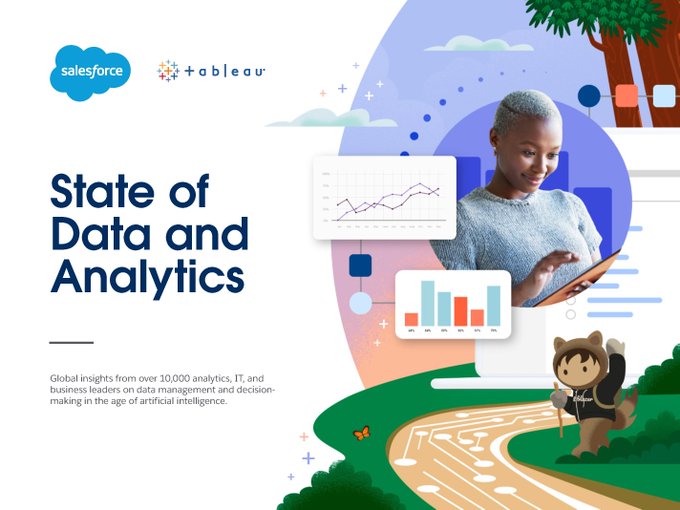Four in every five (81%) of Singapore’s analytics and IT leaders are struggling to drive business priorities with data, a new study from Salesforce and Tableau shows.
The study is based on two double-anonymous surveys conducted from June 16 through July 31, 2023, covering over 10,000 analytics, IT, and business leaders across 18 countries, including 600 from Singapore.
Findings show that AI advancements intensifies demand for trusted, secure data, as 84% of business leaders in Singapore are worried about their company missing out on its benefits.
However, only 38% of business leaders are completely confident in their data accuracy. This puts pressure on data management teams to power algorithms with high-quality data. 84% of analytics and IT leaders in Singapore say advances in AI make data management a high priority.
Also, security threats and overwhelming data volume hinder data potential. Analytics and IT leaders in Singapore cite security threats as their number one data challenge, while business leaders in Singapore cite overwhelming data volumes as the biggest hurdle.
Meanwhile, the amount of data that companies generate globally is expected to increase 22% on average over the next 12 months.
Further, leaders leverage data culture and data governance to reach goals, as 87% of analytics and IT leaders in Singapore use data governance to ensure and certify baseline data quality.
Of these leaders, 68% are investing more in data training in the next year to strengthen internal data culture.
Gavin Barfield, VP and CTO of Salesforce in ASEAN, said that AI is only as good as the data that powers it. Thus, companies also need a data strategy in addition to an AI strategy.
Barfield added that silos of data need to be broken down and data sources unified to create a true 360 degree view of a customer. This will provide a solid and trusted foundation to build effective AI.
“A strategic focus on data governance, as well as a strong data culture that empowers employees to work with data on their own terms, will be key attributes that allow companies to reap the benefits of AI,” he said.



